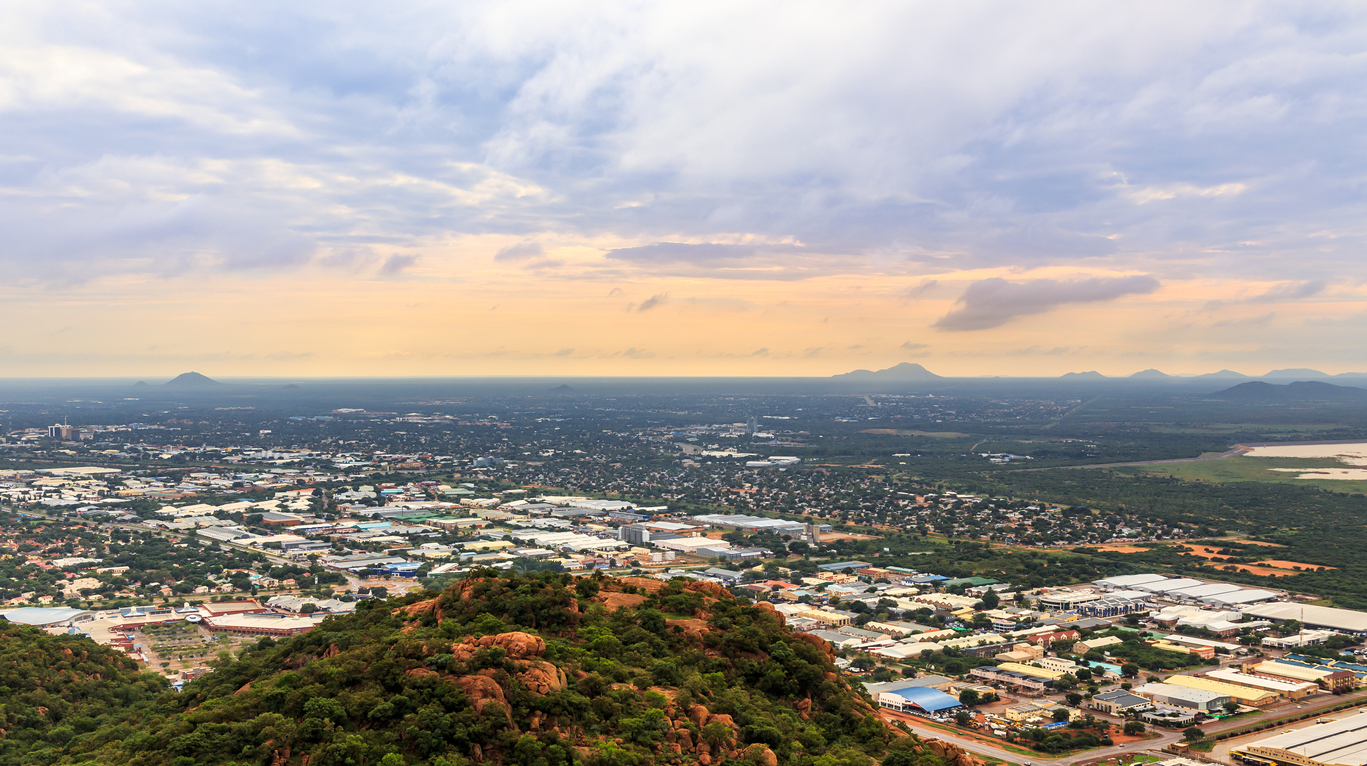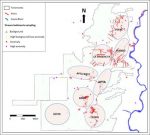
Canada’s Premium Nickel Resources (PNR) has bought Botswana’s abandoned state copper mine known as BCL to resume operations within three years, said Minister of Minerals, Green Technology, and Energy Resources Lefoko Moagi on Tuesday. PNR was granted exclusive rights in February for a six-month due diligence review of BCL, which went into liquidation in 2016.
The company has signed contracts to buy two of the three shafts and related infrastructure, he said, without specifying the value. Moagi added that PNR was negotiating a separate deal to buy another BCL Group mine, the Tati nickel mine. In February, BCL liquidator Trevor Glaum said that PNR would begin construction of the mining infrastructure and prepare to operate, subject to a feasibility study, with a cost expected to exceed $400 million.
The mine produced at peak times an average of 40,000 tonnes of copper and nickel per year, but high operational costs and low international commodity prices led to its liquidation in 2016.
What the sale may reflect is an opportune moment for a Canadian miner to take advantage of high commodity prices and a particular focus on copper and nickel in the modern, green economy.
Five years ago, Botswana was not positioned to maximize the economic potential of the mine. However, the moment is here for these projects which can be brought into production quickly. With new projects rare and undersupply threatening pricing dynamics, these are the kinds of deals we may be seeing more frequently in the future.
That the project is located in Botswana poses some questions about the viability of the project and its operations. Mining in the country has suffered somewhat more recently, and complications always remain.
Geographical Questions
Without a doubt, Botswana is one of the world’s most successful developing countries. COVID-19 aside, the country has been on track for consistent growth.
Botswana is located in the centre of southern Africa, between South Africa, Namibia, Zambia and Zimbabwe. Once seen as a backwater with no natural resources, Botswana has long been ignored by the British Empire.
After being one of the poorest countries in the world when it gained independence in 1966, Botswana has become one of the world’s most successful developing countries. Important mineral and diamond wealth, good governance, prudent economic management and a small population of more than two million people have made Botswana a middle-income country with a transformation plan to become a high-income country by 2036.
Botswana is a high-middle-income country often touted as one of Africa’s few success stories. But despite rising profits from the country’s multinational diamond mining, the country’s bushman communities continue to suffer. The government is also grappling with a steady influx of Zimbabweans fleeing their country’s economic crisis.
Mineral extraction has made Botswana one of Africa’s richest countries. Despite this enormous wealth, Botswana remains a highly unequal country. It ranks as the most unequal country in the world on various measures of inequality, such as the Gini index.
From Diamonds, to Copper, Nickel, and more
Botswana is also known as one of the world’s largest sources of ethical diamonds, making diamonds from the country popular with consumers who care where their diamond is produced.
Mining contributes 34% of the country’s gross domestic product (GDP) and 50% of its taxes. Since diamonds were discovered in South Africa in 1967, mining revenues have been invested in infrastructure, schools, and medical centers. The industry is also considered a beneficiary of minerals, creating jobs and boosting the country’s economy.
Today, only about 20 percent of Botswana’s 2 million inhabitants are engaged in diamond mining. But the country is seeking to diversify its economy, betting that sustainable tourism will help maintain a high standard of living in the future. And projects in mining continue to hold enormous value in copper and nickel such as the one purchased by Premium Nickel Resources
Although Botswana has long been known for low inflation and controlled wage growth, a 2013 study by the Botswana Institute for Development Policy Analysis, a non-governmental think tank, on export diversification found that non-mining labor in the local private sector is more expensive than the regional average. For example, diamond processing companies claim that the cost per stone in Botswana is $60 to $65, compared with $20 to $30 in China and $12 to $25 in India.
While a recovery with favourable prospects for the global diamond industry is expected in 2021, the economic impact of COVID-19 is likely to be deeper and longer-lasting. Developments in the diamond industry will have a telling effect on the near-term recovery, given Botswana’s dependence on the commodity.
Mineral exploration in diamond-dependent Botswana will continue despite the difficult economic conditions facing the country’s mining industry, which will have a negative impact on its economic health, says Charles Siwawa, CEO of the Mining and Exploration Organisation of Botswana (Chamber of Mines). The minerals he outlines are coal, copper, silver, lead, zinc, manganese, and iron ore, which remain attractive due to the amount of ore uncovered, as well as minerals that are economically viable. He points out that financial analysts have assured the Chamber that the mines in Botswana have net mineral values and can make positive contributions to the economy.



 Follow us on Twitter
Follow us on Twitter Become our facebook fan
Become our facebook fan










Comments are closed.